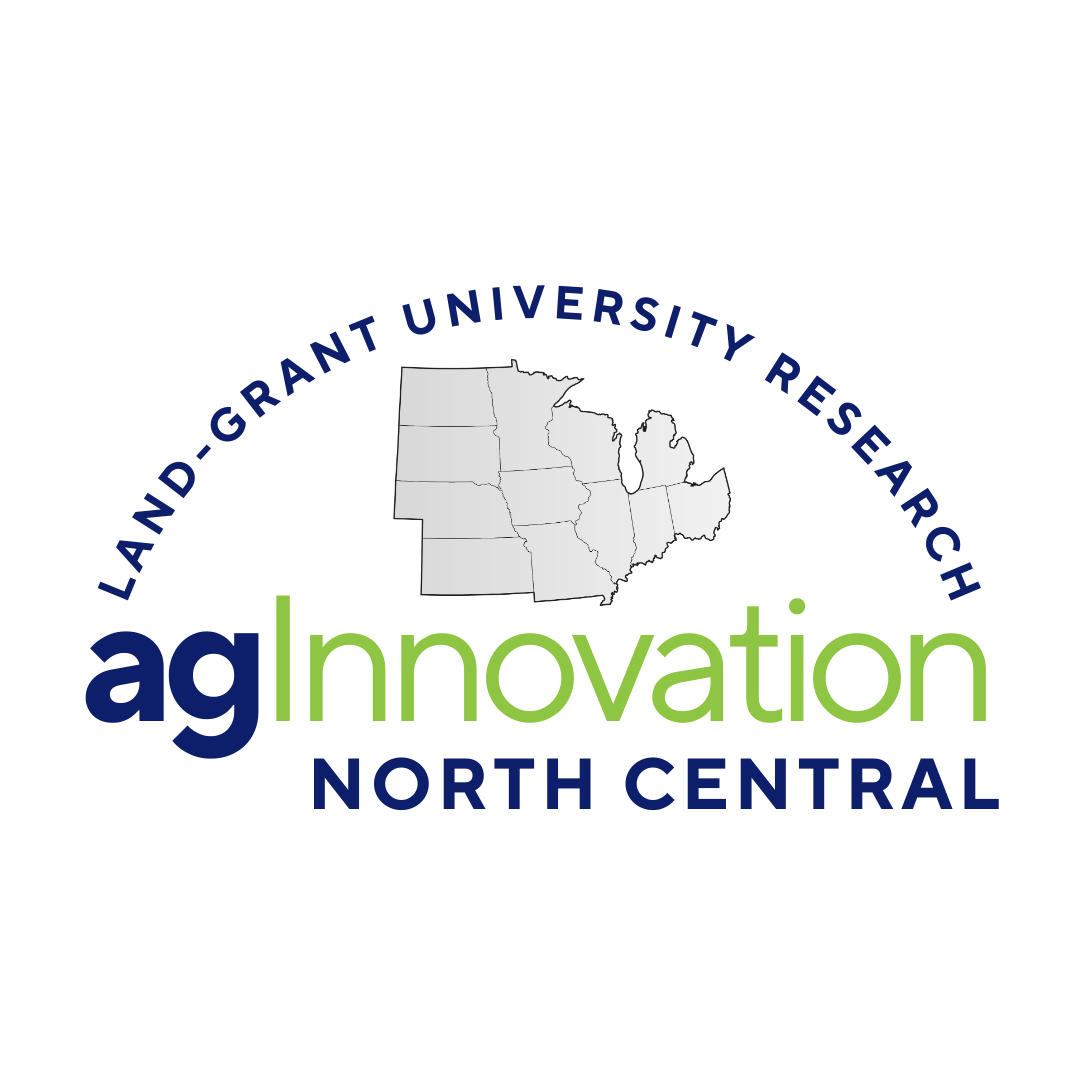
NC213: Marketing and Delivery of Quality Grains and BioProcess Coproducts
(Multistate Research Project)
Status: Active
Homepage
Issues
US grains and oilseeds have a long-standing reputation for superior quality. However, maintaining this reputation requires continued research and innovation. Significant challenges remain to be solved in area of post-harvest handling, storage, processing, and distribution of quality grains and oilseeds. Changing economic conditions, governmental policies, consumer expectations, climactic conditions, technical innovations, and biological barriers all provide opportunities for new research to improve grain, oilseed, and coproduct systems. Furthermore, grain quality is increasingly important in both domestic and international markets. Understanding economic inefficiencies to supplying quality grain and oilseeds is an important concern for US producers, handlers, and processors.
NC-213 multistate researchers work collaboratively with an Industry Advisory Board to address the most critical issues facing the grain and oilseed industries. NC-213 researchers work across the supply chain from harvest to end-products. Specifically, research focuses on 1) factors that influence quality, safety, and nutrition of cereal grains and oilseeds during post-harvest drying, storage, processing, and distribution; 2) strategies to improve efficiency and enhance value of grains and oilseeds in the farm-to-user supply chain; and 3) developing strategies that preserve quality, increase value, and maintain food safety and food security of grains and oilseeds.
Justification
NC-213 research addresses critical, continuing issues in post-harvest grain quality. A major strength of the committee is its multi-disciplinary approach to research, facilitated by the diverse disciplinary background of researchers in engineering, economics, grain and food science, plant pathology, entomology, and others. NC-213 also consists of an Industry Advisory Board that contributes to identification of emerging research needs.
In the past 5-year cycle, advances have been made in several areas, including:
- Innovative methods, practices, and technologies to prevent insect, microbial, and fungal damage of grains and other seeds during postharvest storage
- New approaches and technologies to improve safety of grains and oilseeds and their coproducts by reducing pathogen contamination and toxin concentrations
- New methods and technologies for rapid analysis of physical properties and chemical composition of grains and oilseeds and their coproducts
- New processing methods for grains and oilseeds that deliver higher quality coproducts
- Methods and strategies to reduce dust generation during handling and processing of grains
- Modelling of critical handling, storage, and processing variables for their impact on safety and quality of grains and oilseeds and their coproducts
- Creating standards, protocols, and indices for evaluating grain and oilseed quality
- Development of training material for grain industry professionals
- Development of short courses on safety and hazard prevention for the grain and oilseed industries
These efforts have improved the quality and safety of grains and oilseeds and their coproducts. However, continued efforts are needed, particularly in the areas of insect and pest control during grain storage, chemical and microbiological safety of grains, and rapid analysis of grain quality and composition. Consumers are also demanding unique grains and oilseeds with improved or enhanced nutritional quality, identity preservation, and source tracking. The grains and oilseeds industries are also in need of more efficient storage, transport, and processing strategies as well as training materials to implement these new approaches.
A strength of the NC-213 multi-state project is that it enables academic and government researchers and industry stakeholders involved in the grain and oilseed industry to interact and share ideas and challenges through presentations, panel discussions, and networking. A critical place where this is done is the Annual Meeting, where timely research is presented and critical issues facing the industry are discussed. Through these interactions, practical ideas, policy, practice, and research emerge to address specific engineering, scientific, and economic issues associated with the project objectives. This interaction enhances the quality and relevance of research experiences and provides for the development of innovative research opportunities for extramural funding and mentoring of young professionals.
The NC-213 multi-state project actively involves and encourages industry participation and influence. Industry representatives from grain handling, marketing, storage, and processing companies, service suppliers, and equipment manufacturing play a significant role in crafting research priorities. An Industry Advisory Board with five elected representatives and a chair that serves on the NC-213 executive committee has been in place since 2000. An industry panel discussion on current US and global trends in grain marketing has been a part of the Annual Meeting since 2012. These discussions identify emerging research needs that are a part of both the annual research plans and the 5-year project cycle. Blending these diverse perspectives shapes the independent NC-213 participants into a unified and market-centered research team.
NC-213 has enhanced the efficiency of the US grain industry and preserved value in the grain and oilseed industries since 1977. Early NC-213 researchers laid a strong foundation for incoming researchers to address new challenges in grain and oilseed quality. Collaboration between stations and the resulting shared expertise across multiple disciplines has been and continues to be critical to the success of NC-213. Interdisciplinary collaborations among researchers and industry facilitate competitive partnerships that can address complex current challenges and maintain quality and value of the US grain and oilseed industries.